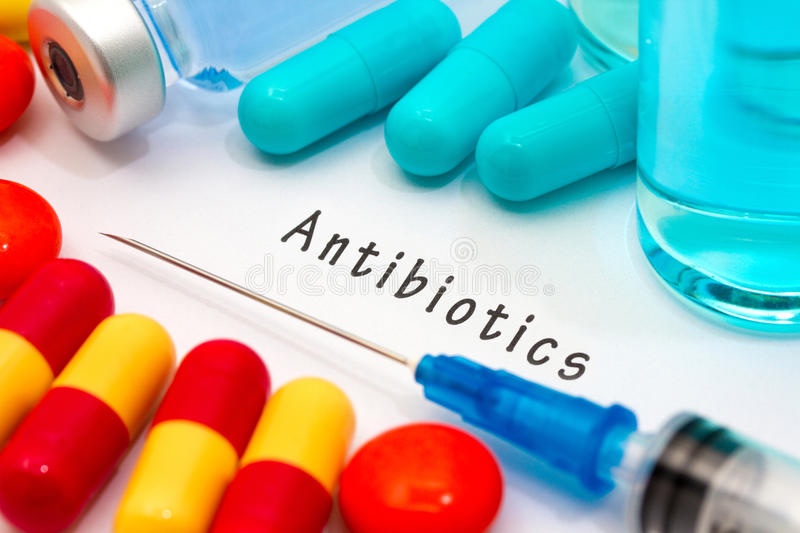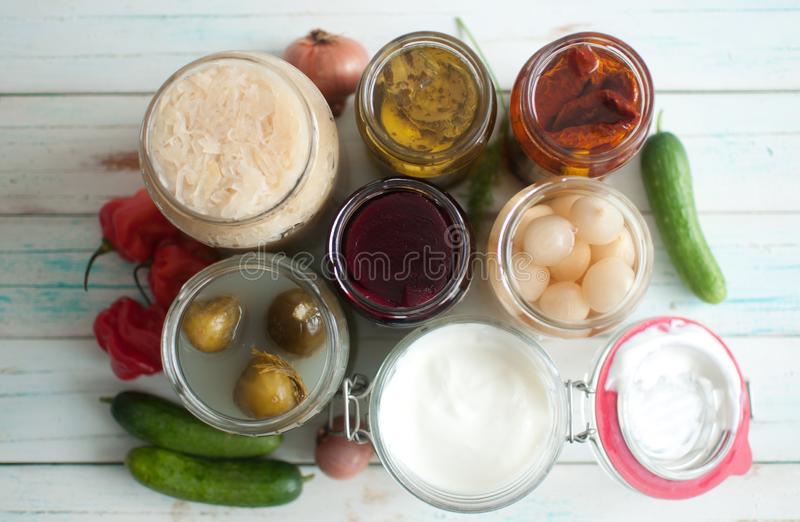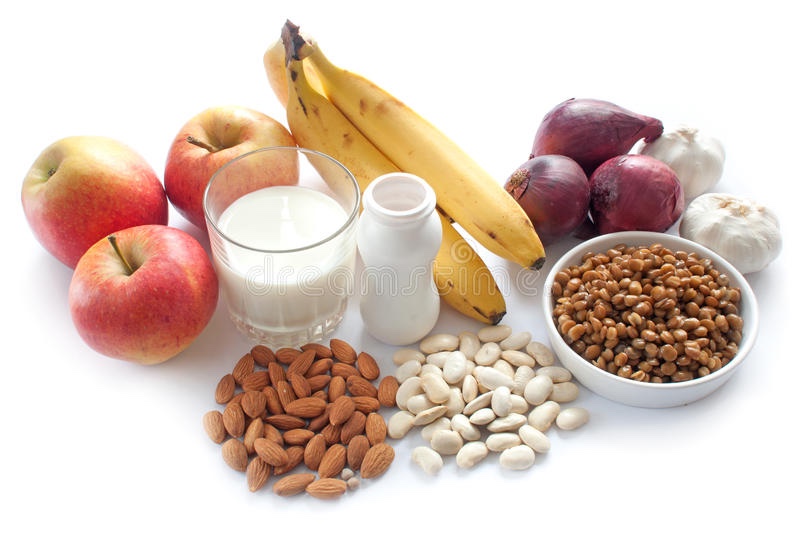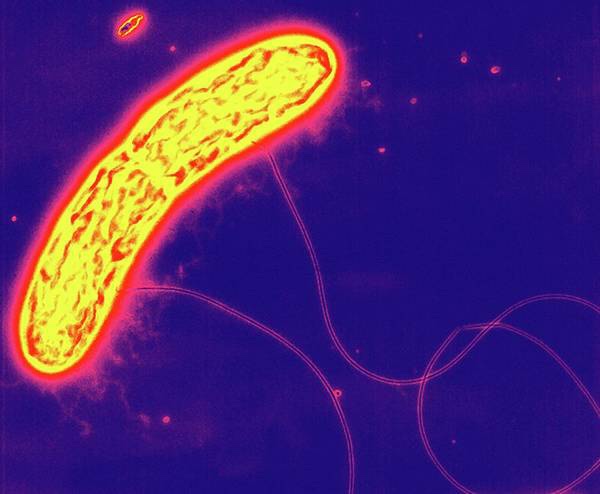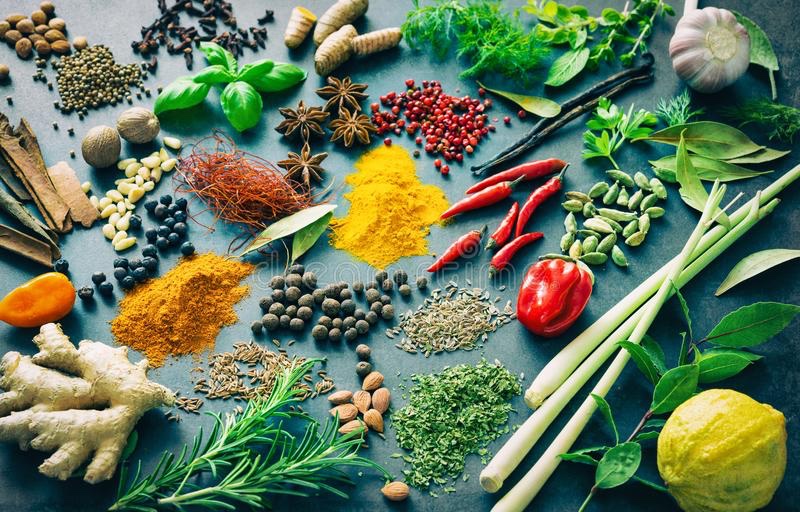Current methods for detecting gut microbes are flawed
Jun
7
The experiment led by Belén Serrano-Antón, Francisco Rodríguez-Ventura, Pere Colomer-Vidal, Riccardo Aiese Cigliano, Clemente F. Arias and Federica Bertocchini (8 February 2023, PLOS ONE) of DNA analyses using computer simulations of “real life” communities have little resemblance to the actual composition of bacterial communities, according to the March 15 2023 SciTech Daily report. In fact, researchers found a large number of the species are not even present in the community.
Researchers recommend increased efforts to collect genome information from microbes to aid in accuracy of their research.
https://scitechdaily.com/beware-of-the-microbial-mirage-current-microbiome-analyses-may-mislead-scientists-with-false-species-detection/
https://journals.plos.org/plosone/article?id=10.1371/journal.pone.0280391




